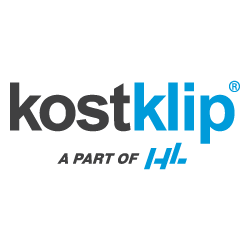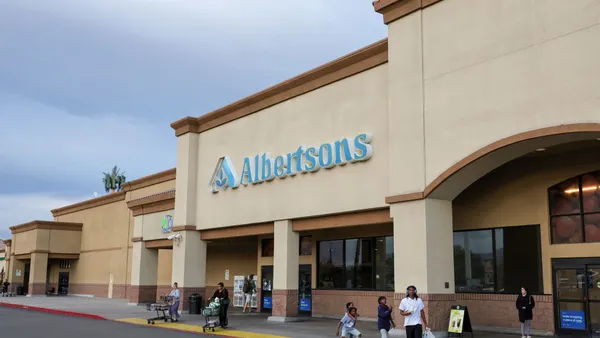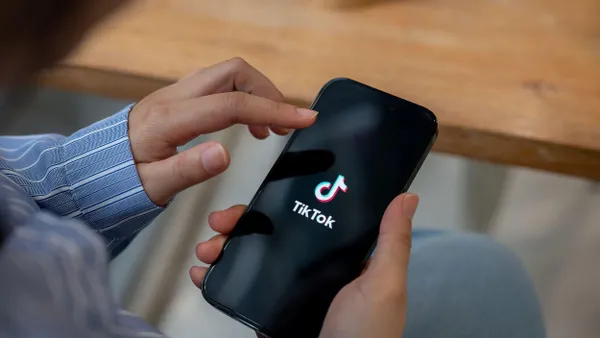Dive Brief:
- Eighty-five percent of retailers and 92% of suppliers surveyed in March by Coresight Research say collaboration between the two sides has improved over the past two years, leading to improved customer satisfaction and business planning.
- Out of the 210 global retailers and suppliers who participated in the survey, more than 50% said their biggest impediments to improving collaboration are a lack of trust and communication, limited product assortment and a lack of data transparency throughout the supply chain. Sixty-three percent of retailers and 52% of suppliers said a lack of trust and communication makes collaboration challenging or “very challenging.”
- Coresight noted that retail category managers, whose jobs are becoming increasingly strategic, play a key role in data sharing and improving overall collaboration.
Dive Insight:
Trade groups and thought leaders in the food industry have long advocated for better collaboration between suppliers and retailers. This has become increasingly important as online grocery, new competition and now a pandemic have forced retailers and suppliers to fine-tune their operations.
Relationships seem to be improving. But as the Coresight report notes, communication, data sharing and shared management tactics must continue evolving along with consumer needs. According to the research, 70% of retailers and 58% of suppliers say better collaboration yields added responsiveness to market and shopper trends.
“Successful collaboration can help to fulfill customer needs, reduce out-of-stocks and yield leaner and more profitable supply chains by eliminating unnecessary costs,” the report notes. “However, collaboration also has its challenges. In order to successfully collaborate, retailers and suppliers need to understand and respect each other’s requirements.”
Data sharing is one of the main tension points between suppliers and retailers, with the two sides reluctant to provide closely held sales and shopper information and oftentimes lacking an effective method to do so. Coresight notes retail category managers play an important role here as the ones who convert data into store-level execution.
“As consumer-centric data collaboration develops between retailers and suppliers, the role of category manager will become more important than ever,” the report notes. “Retail category managers need to address data differences with their suppliers when working towards improving the overall customer experience. Success in category management depends on multiple factors, most of which are changing in a dynamic retail landscape, rendering the role more strategic.
Coresight recommends category managers take a test-and-learn approach to data sharing in order to build a broader strategy to use with suppliers. Both sides should also share information beyond just basic sales and inventory data. Greater transparency on promotional campaigns, loyalty programs, basket sizes and anonymized customer metrics, the firm points out, can aid demand forecasting.
Overall, retailers reported they’re more satisfied with key parts of the collaboration process. Seventy-two percent of retailers agreed suppliers are easy to do business with compared to 58% of suppliers who said the same. Sixty-five percent of retailers surveyed said suppliers innovate well, while 54% of suppliers said they were satisfied with retailers in this regard.
Retailers and suppliers have long had a transactional relationship, but that needs to become more collaborative as retailers try to sell a more personalized, omnichannel and differentiated assortment.














